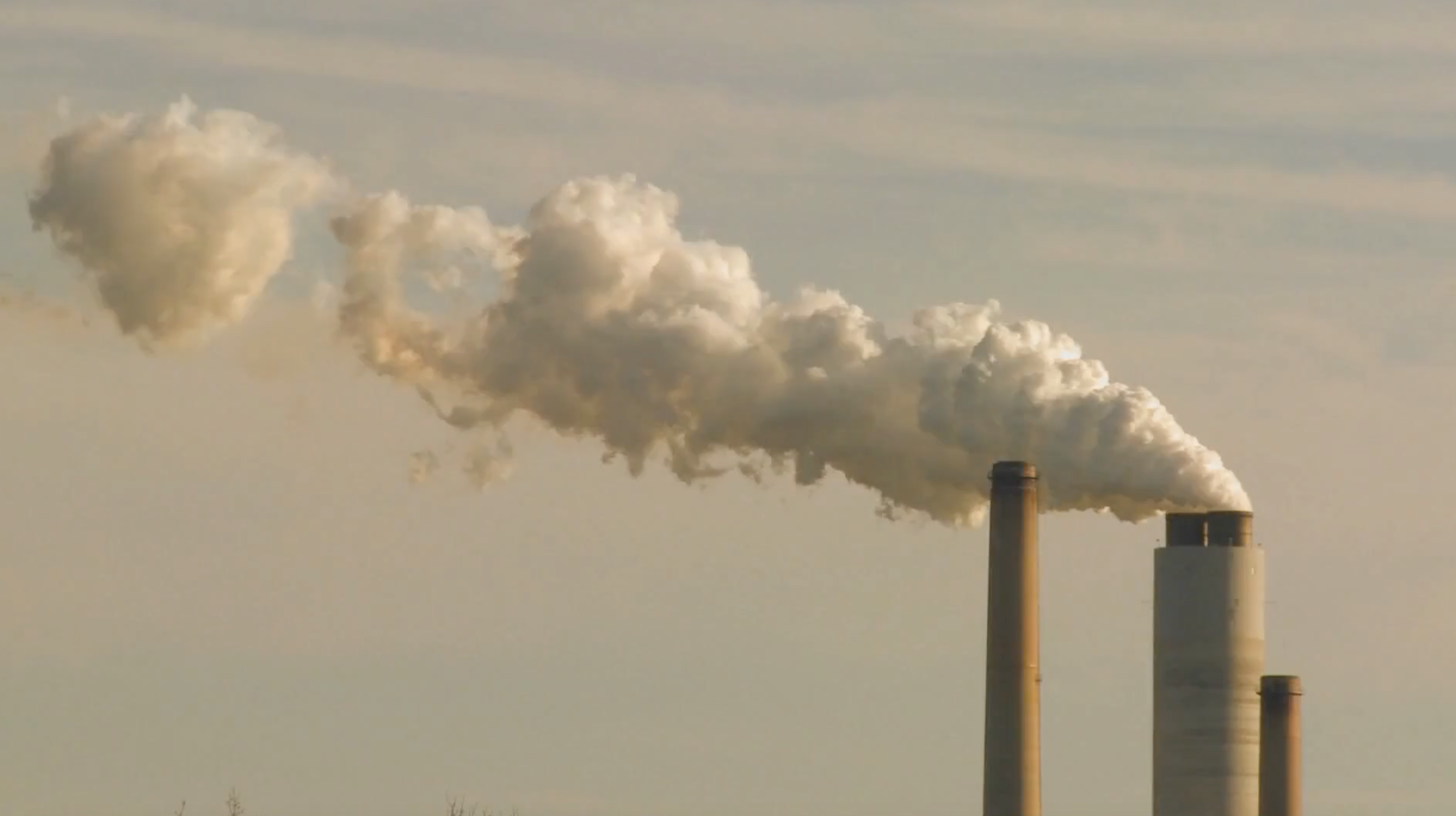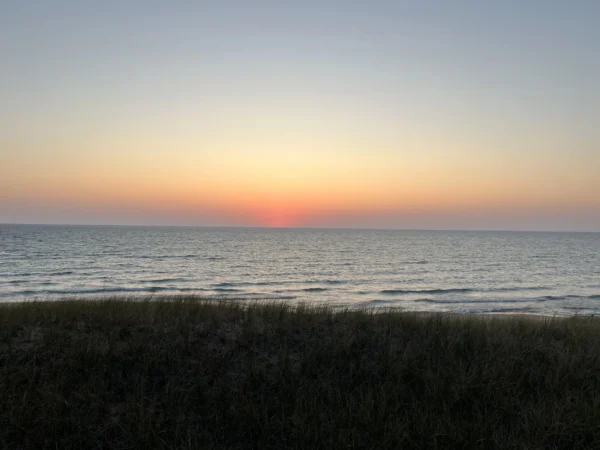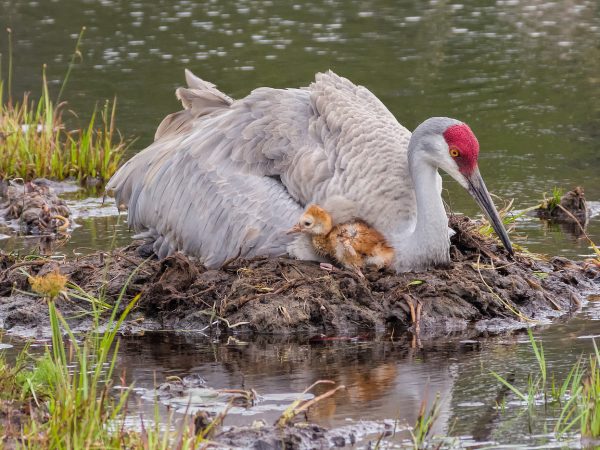
Midwestern convenience store giant Kwik Trip is breaking into the charging business. The chain, known for its gas and grocery offerings, will install electric vehicle chargers at “a strategic number of its stores” through its new Kwik Charge program. The announcement comes a few months after Kwik Trip received about $23 million in federal funds aimed at establishing a statewide EV charging network in Wisconsin. At least four Kwik Trip locations are expected to have functioning chargers by the end of the year.
More federal funds to support EVs are on their way to Michigan. This round of federal funding commits $355 million to four battery-oriented companies, with $145 million going to an initiative to extract critical minerals from battery waste and the remaining $210 million split across three battery component manufacturing projects. It’s the latest in a string of federal investments in the state’s auto industry and nascent clean energy manufacturing sector.
The controversial power line that crosses a national wildlife refuge along its route from Iowa to Wisconsin is now complete. Though still ensnared in legal battles, the roughly $675 million transmission project went online on Thursday. Conservation groups tried to block the 102-mile line, including by challenging a land swap that allowed it to cross the Upper Mississippi River National Wildlife Refuge. Delays caused by the lawsuits contributed to the project’s higher-than-planned cost, according to the utilities that built it.
It’s full steam ahead for the planned restart of the Palisades nuclear plant in Michigan. Federal officials announced this week that they have finalized a $1.52 billion loan to help the shuttered reactor reopen. Regulators expect to decide whether to allow the restart — a first for a U.S. nuclear plant — by mid-2025. Palisades is still on schedule to be back in operation at this time next year, according to its owner, Holtec International, though others have said that timeline may be too ambitious. One Department of Energy official told reporters that the recommissioning will take “a couple of years.”
But as Midwestern states capitalize on federal funds meant to help them profit from the energy transition, much of the region is missing out on aid for aging hydropower dams. The $30 million for dam safety and $63 million for hydropower upgrades that the Midwest is set to receive this year, adds up to significantly less than what’s going to the South, Northeast or West. While the Midwest tends to have smaller dams with fewer people living downstream, officials have said these states don’t always have the funds to make the improvements their dams need.
More energy news, in case you missed it:
- Plans for a plant in Wisconsin that would make hemp-based batteries are in limbo after the startup behind the project failed to secure a $50 million federal grant.
- General Motors unveiled plans last month for a project in Detroit that would be the company’s first hydrogen fuel cell manufacturing plant.
- A pair of companies in Northeast Ohio will use federal money to install 73 chargers in the Cleveland area by the end of this year.
- Indianapolis International Airport intends to install a nearly $47 million solar canopy over its parking lot.
- At Minneapolis-St. Paul International Airport, an ongoing terminal expansion will include geothermal heating and other green building systems.
Catch more news at Great Lakes Now:
Energy News Roundup: Michigan, Michigan, Michigan
Energy News Roundup: Amid national attention, Great Lakes states continue their push to electrify
Featured image: Powerplant with smokestacks. (Photo Credit: GLN)




